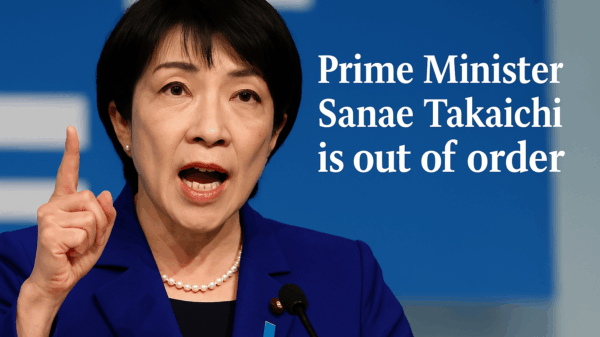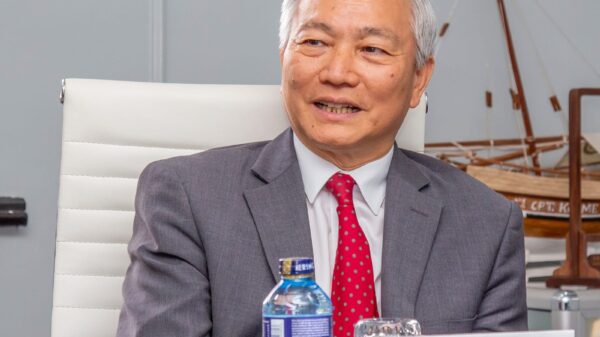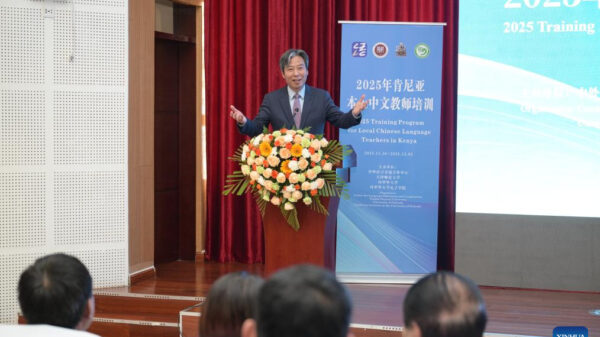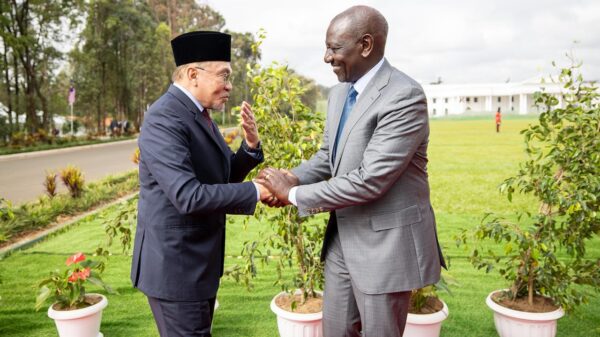NAIROBI, Kenya, May 16- Church Leaders on Monday rejected the nomination of Dr Willy Mutunga and Nancy Baraza as the country’s next Chief Justice and deputy Chief Justice, saying their characters are in conflict with Christian values and beliefs.
Speaking on behalf of his colleagues in Nairobi, National Council of Churches of Kenya Secretary General Peter Karanja argued that the two positions should be taken up by people who would help build a stable nation.
Canon Karanja said that Kenyans should remain cautious on the integrity and philosophy of persons appointed to head the Judiciary.
“They must be people Kenyans can trust to expend their energies in building a just and prosperous nation that is not bedeviled by social strife and immorality,” he said. “The Chief Justice and the deputy Chief Justice must be persons who, by their credibility, elicit the confidence and trust of all Kenyans.”
The Church leaders also called on President Mwai Kibaki, Prime Minister Raila Odinga and the National Assembly to scrutinise the nominees and confirm whether or not concerns raised about their characters deserved merit.
Dr Mutunga and Ms Baraza were chosen by the Judicial Service Commission on Friday, as the persons who best qualified for the positions. Their nominations have raised mixed reactions from Kenyans across the board with some applauding them and others raising questions.
“We therefore ask the President and Prime Minister to do their due diligence and find out whether the issues being raised by Kenyans with regard to the nominees forwarded require their intervention; because they know what we are saying,” said Canon Karanja.
Although the leaders declined to take any questions from journalists they noted that the nomination process had been credible. They also renewed their position on the Constitution saying it had loopholes which could corrupt Christian values.
“Just go and report that Church leaders have expressed their reservations to these nominees because personalities are involved and this is not a matter to be sensationalised; it’s a matter for Kenyans to look at keenly,” he said.
Meanwhile the office of the Ombudsman has called on Kenyans who may have issues with the judicial nomination process to approach the courts for a judicial review.
Executive Director Kenneth Mwige explained that Section 9 (1) (c) of the First Schedule to the Judicial Service Act 2011 invited members of the public to convey in writing any information of interest, regarding the applicants to the commission.
“Consequently, any person complaining after the fact, and having neglected, failed or refused to avail themselves of the opportunity to inform the JSC in advance of interviews, stands on shaky legal and Constitutional ground, but is not, of course, precluded from approaching the Court,” he said through a statement.
He further noted that concerns raised about the character of the individuals could only be taken up by Parliament. He added that the National Assembly now bore the responsibility of righting any mistakes that could have been committed during the nomination process.
“Once Parliament approves the JSC’s nominees, it will be a long shot, statutorily and constitutionally, to establish infringement of an individual fundamental right or freedom against the sovereign will of the people expressed through recommendation by the JSC and approval by the National Assembly,” he explained.
Follow us on TWITTER@CapitalFM_Kenya and the author at https://twitter.com/wambuindonga
http://www.youtube.com/watch?v=9X9dRL7zSco
































